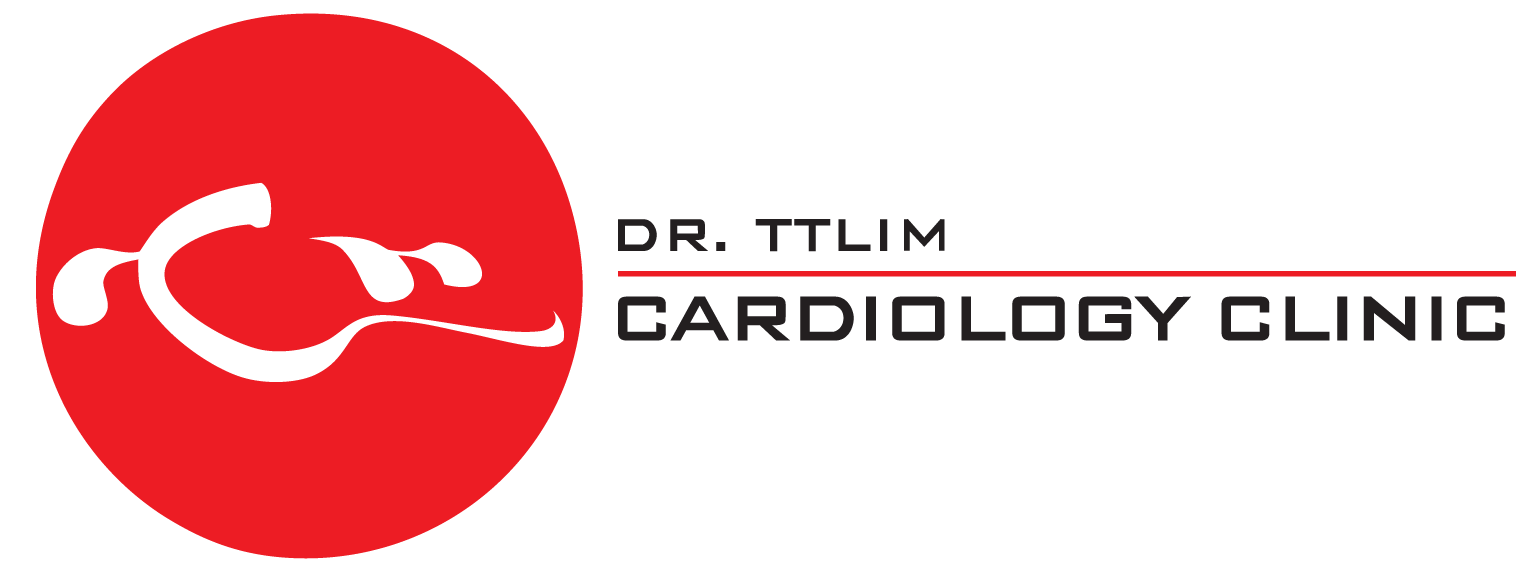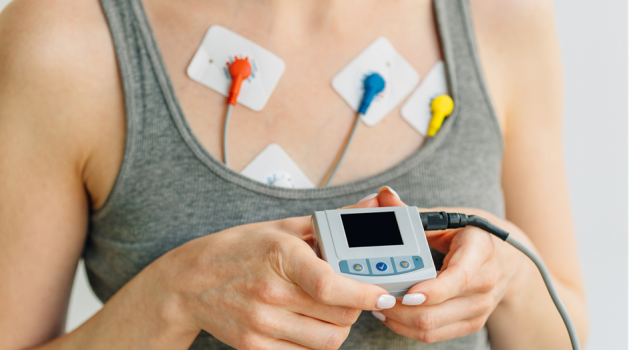What is it?
A Holter ECG monitor is a wearable device that helps track your heart’s activity throughout the course of 1-2 days. The monitor is a small, battery-operated device, fitted with wires and electrodes, that the individual wears throughout the day. This helps extract the heart’s rhythm and pace over a given time period, while doing different activities throughout the day. It is often used to monitor a patient’s heart activity, if their ECG results are inconclusive.
A Holter ECG monitor test is an effective diagnostic method which can give the doctors a clearer picture of a patient’s heart functions during the day. Since an ECG is only done over a short period of time, heart symptoms may or may not occur then, leading to inconclusive results at times. The Holter monitor can hence, provide a more conclusive and in-depth result when it comes to the functioning of the heart, making it easier to point out discrepancies if any.
How is it done?
A fairly simple procedure, Holter ECG monitoring is done by strapping the electrodes of the device onto the patient’s chest, using round, sticky patches. Once placed, the patient is then instructed on how to take care of the monitor over the prescribed days. You will also be advised on what not to do during this period, while the monitor is attached. For instance, you will have to refrain from showers and baths while wearing the monitor, and avoid going towards high-voltage regions or metal detectors.
You may also be asked to maintain an activity log or diary, which helps the doctor correlate the monitor’s readings with the activity done during that particular time of day. After the readings are obtained, you will be required to return the monitor back to the doctor, who will then extract the ECG readings from it to study and suggest treatments.
Why is it done?
A Holter ECG monitor can help the doctor identify and diagnose various heart-related problems, including:
- Arrhythmia
- Heart palpitations
- Unexplained feelings of being dizzy
It can also be used to observe various functions related to the heart, including:
- Oxygen levels in the heart
- Effects of prescribed heart medication
- Proper functioning of pacemakers





